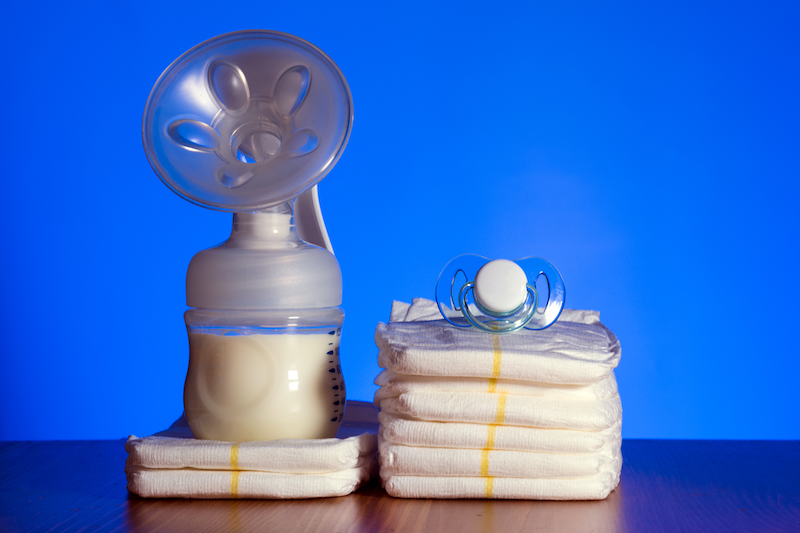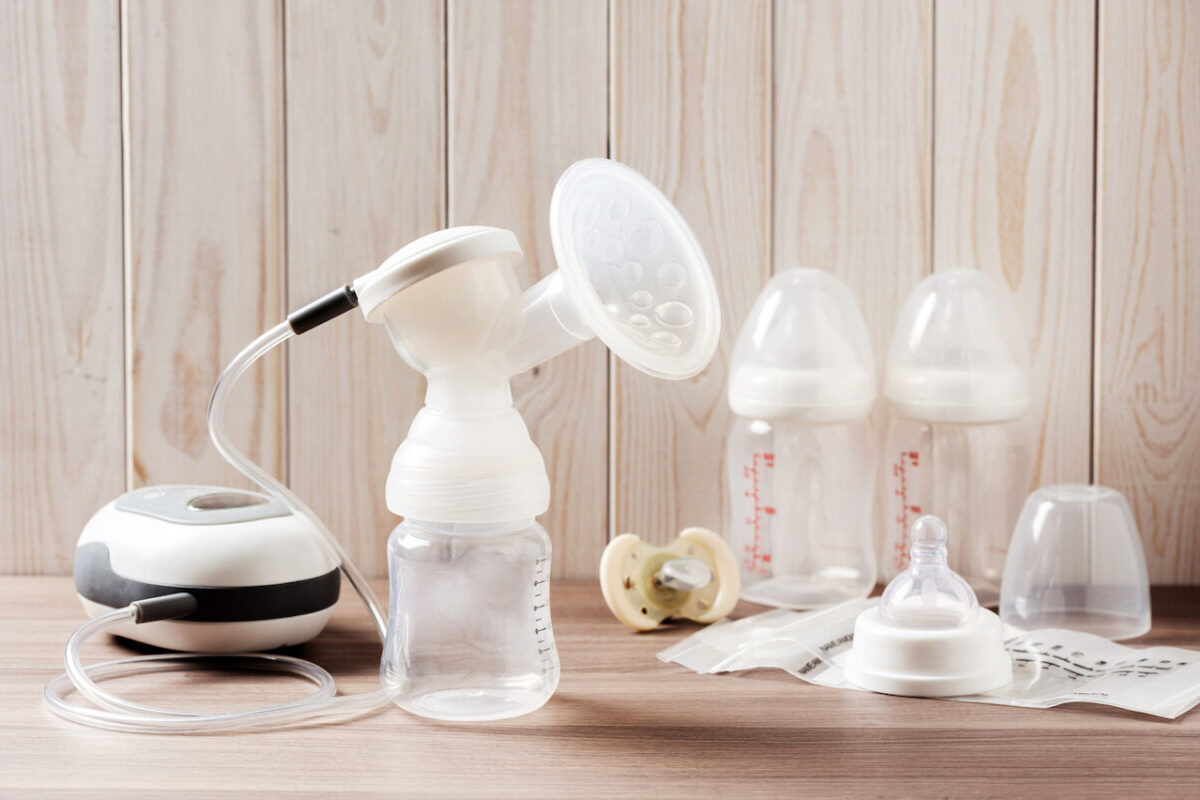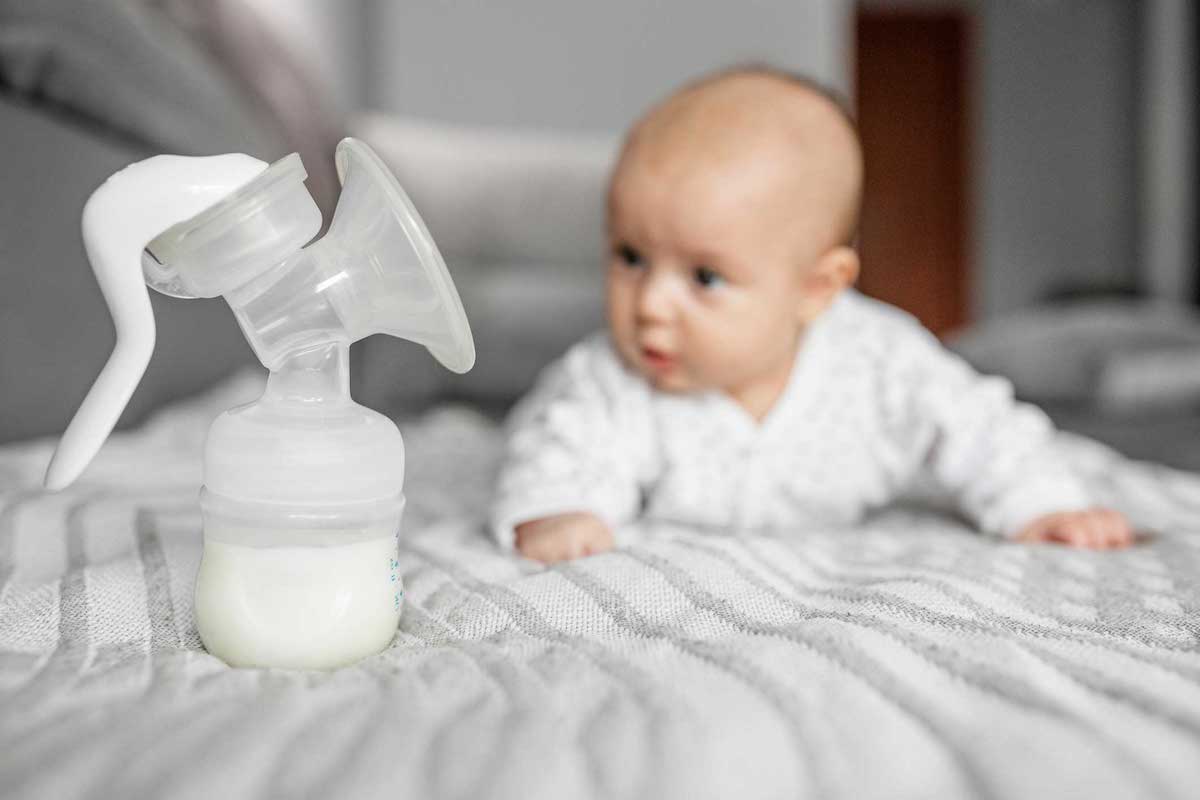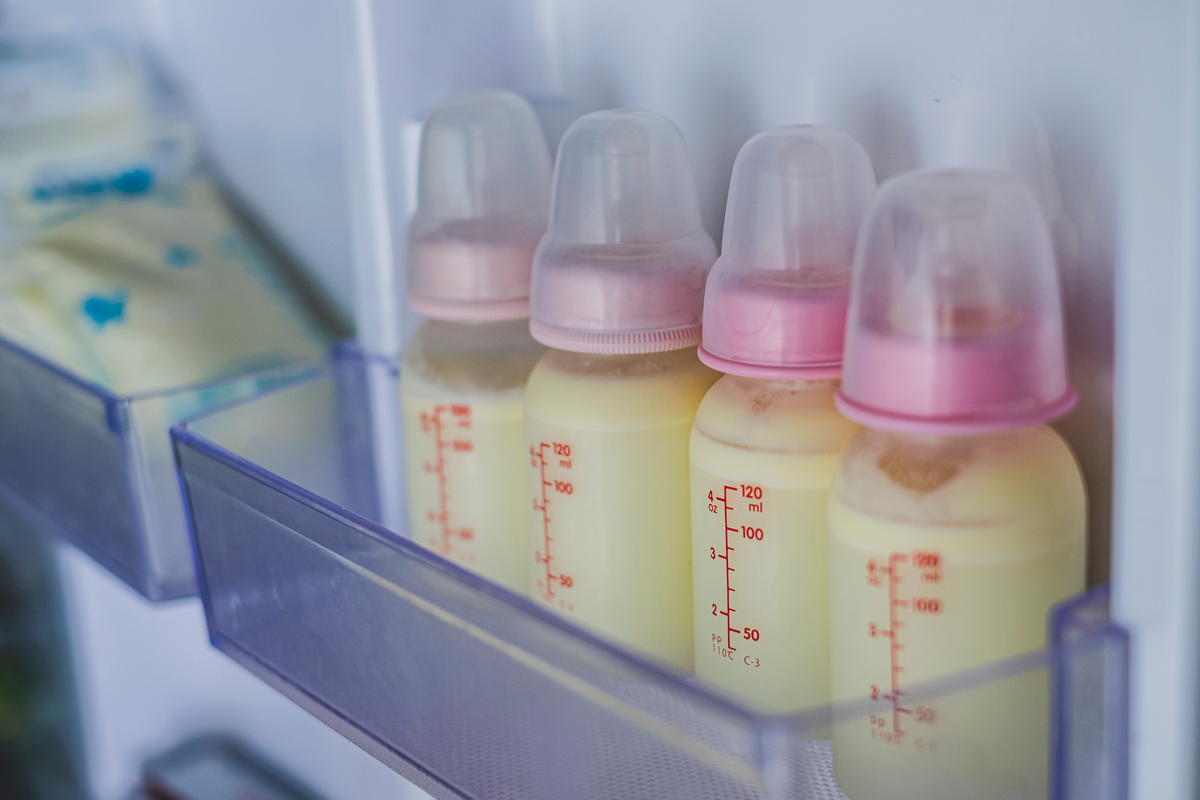You (and others) have written extensively about formula versus breastfeeding. But if you’re committed to feeding breast milk, are there health/developmental benefits to breastfeeding versus exclusive pumping? Most advice books assume the former, but they don’t really give any reason for it (besides hard-to-quantify “bonding”), and we’ve found the flexibility that exclusive pumping offers to be really useful.
—Bottle-Feeding Dad
The degree to which we do not have data on this is somewhat astonishing. Several years ago, I worked on a (now-stalled; sorry, co-authors) paper on breastfeeding trends over time. Breastfeeding rates in the U.S. were very low in the early 1970s, increased rapidly through the 1980s, stagnated, and then began to increase again in the 1990s. One theory we had for this was the improvement in pumping technology — maybe women who were returning to work were able to breastfeed for longer because pumping became possible.

To evaluate this theory, we needed to find data on the use of pumps, and it more or less did not exist. Even the surveys that asked extensive information about breastfeeding duration didn’t ask about pumping. This actually makes the data difficult to interpret. If you were exclusively pumping and someone asked if you’re breastfeeding or not — with a binary answer — what do you say? I think I would say I was breastfeeding, but someone else might not. Since the questions in surveys do not distinguish, we do not know. This has gotten a little better in data over time, but not much, and certainly there are no really good studies that would tell you whether any health or developmental benefits differ.
Any differences are likely to be small, since overall, the impacts of breastfeeding are small.
Without data, the best we can do is theory. Is there any theoretical reason why pumping would differ from breastfeeding? As you note, there is the bonding story, but it seems difficult to argue that snuggling your infant while you give them a bottle is fundamentally different from snuggling them while you nurse them. A snuggle is a snuggle.
There is one mechanistic argument I have seen for a possible short-term health benefit of breastfeeding in infants. Infants who nurse often get milk all over their face and up their nose because they’re babies and still figuring it out. If there are antibodies in breast milk that get into the infant’s nose, that might have some marginal impact on preventing respiratory infections. Having said that, we have no proof of this, and it would be an extremely short-term impact, since eventually babies figure out how to eat without covering themselves with milk.
Bottom line: There is no data-based reason to think there is any difference in these activities.
Community Guidelines




















Log in
There are a few other theoretical benefits I can think of to nursing over pumping if it’s an option. It would be interesting to know if any of these actually make a difference, though.
I wanted to breastfeed, but my nipples are inverted. With the help of a lactation consultant over multiple appointments, we tried nipple guards, different positions and breast stimulation with limited success. When I debated going exclusively pump, I got stuck on the “bonding” aspect of breast feeding. I “should” feed at the breast because we “should” be bonding and we “should” have that experience. Once I realized I was “should”-ing all over myself based on external input that lacked data, I stopped considering it. Frankly, I could not see how a screaming infant who just wants their needs met would be party to “bonding at the breast” in a positive, fulfilling experience. I felt much happier to be able to neutralize my child’s cries and provide for their needs in a way that reduced the stress for both of us. And, I now loom forward to snuggling at feeding time while they start smiling during feeding time. Happy baby, happy mommy and happy bonding for exclusively bottle fed breast milk. <3
Wouldn’t breastfeeding at least once a day be recommended for mom to create antibodies based on baby’s saliva?
I am interested in the answer to this question! It seems like the mother would be exposed to whatever pathogens her baby is carrying iin the normal course of caring for them. But is there something about the amount of bodily fluid contact with feeding at the breast that is significant?
I’m not sure what evidence there is to back it up, but this is a claim that breastfeeding proponents make about breastfeeding – that the infant’s saliva informs the mother’s body about the antibodies the baby needs. I’d be very interested to learn of any research about it!